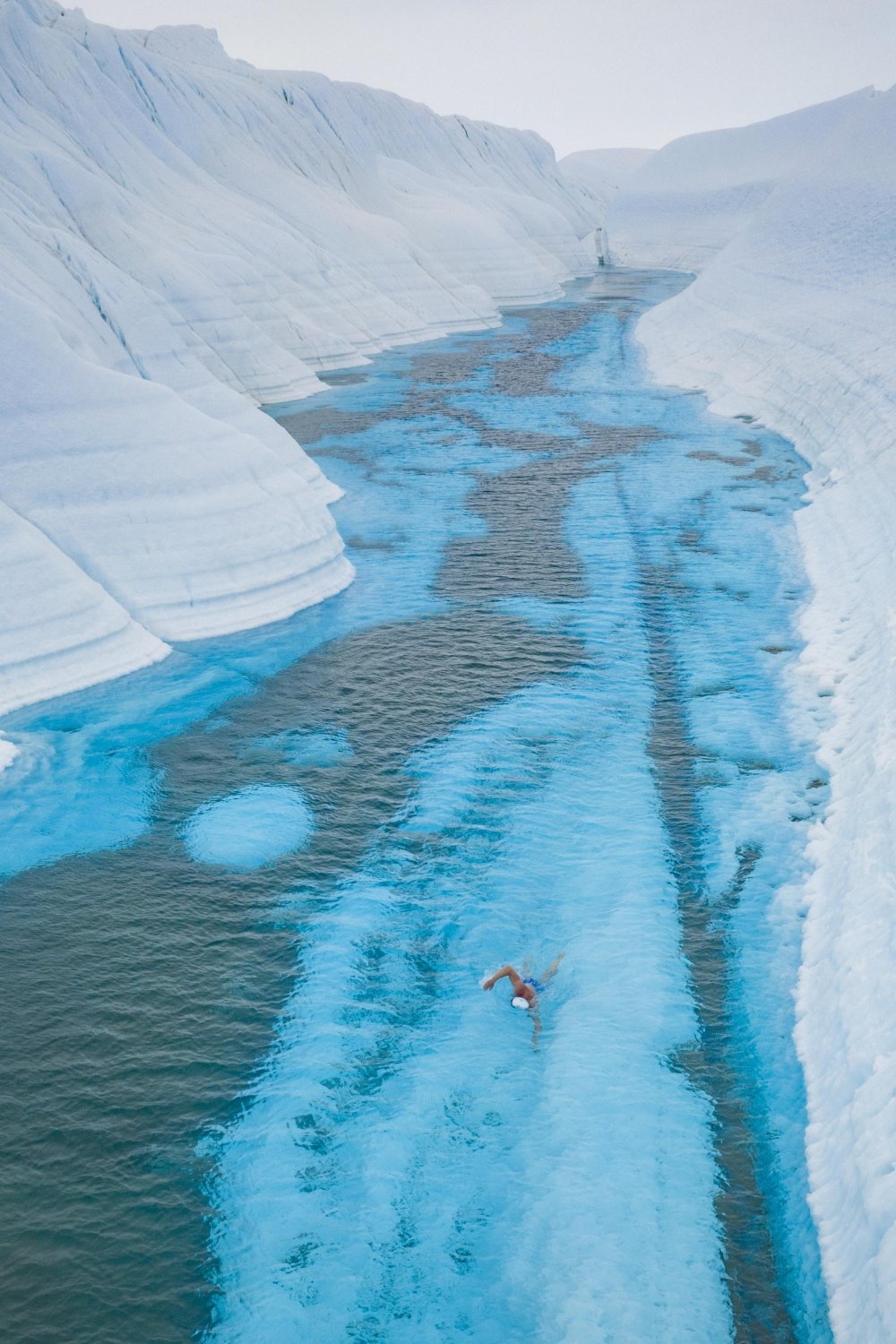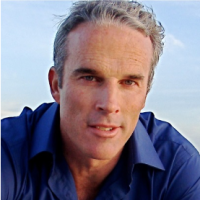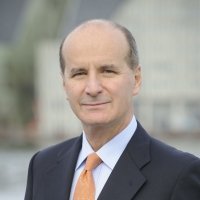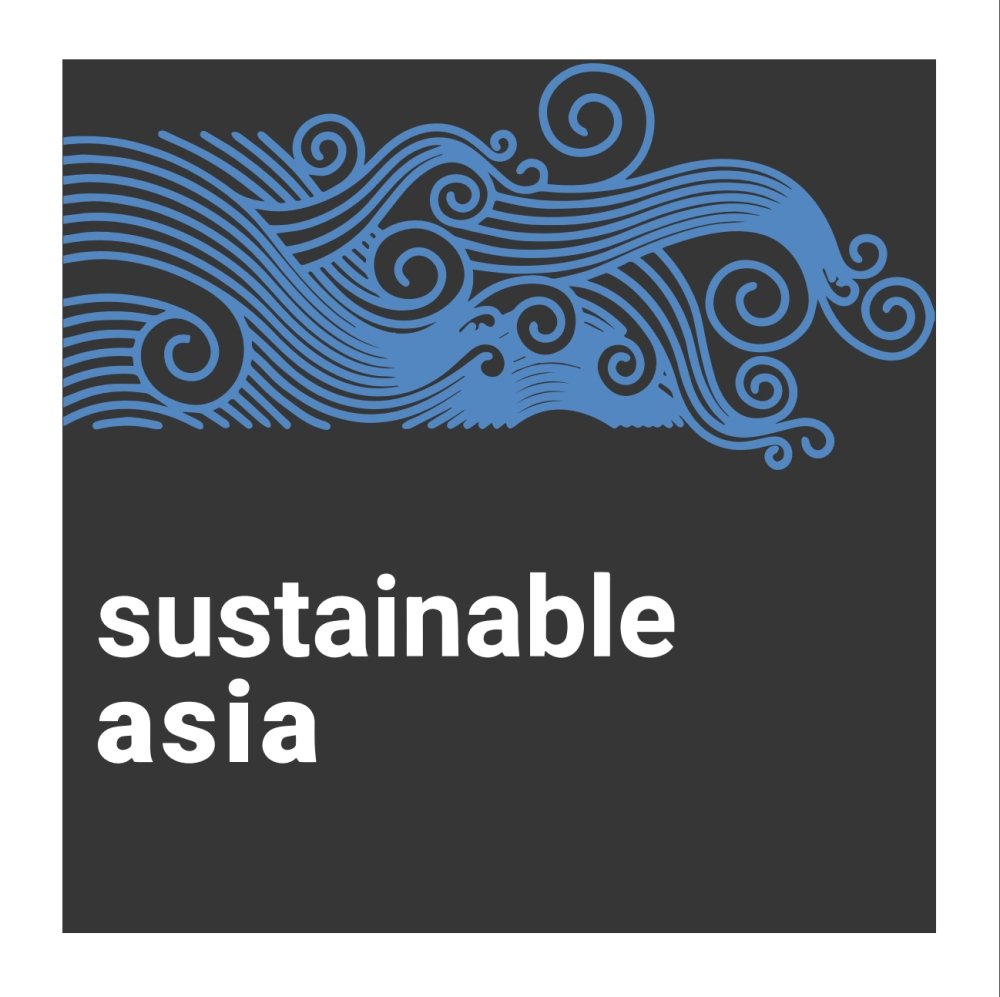WEBCAST: Protecting Antarctica in the Postponed "Super Year of Nature"
2020 was to be “The Year of Nature,” but now many of the meetings envisaged to push forward global action on climate change and biodiversity loss have been postponed until 2021. The need to act remains. The Commission for the Conservation of Antarctic Marine Living Resources (CCAMLR) is still scheduled to take place in November, making Southern Ocean protection one of the few remaining opportunities for global conservation action in 2020. CCAMLR is currently considering proposals for three large-scale marine protected areas, that if designated together would protect nearly 4 million km2 of the Southern Ocean, and constitute one of the largest environmental protection events in history.
This is the second in a 2020 series of webinars around the theme of Southern Ocean marine protected areas cosponsored by the Wilson Center and the Pew Charitable Trusts. Webinars will be translated into Chinese and Russian, and will be made available as podcasts after the live stream.
Selected Quotes
Lewis Pugh
"An opportunity exists now with no downsides. There really are no downsides at all. In 1961, Antarctica was set aside under the Antarctic treaty, at the height of the Cold War, this whole continent was set aside for peace and for science. The Soviet Union was one of the signatories and Americas was one of the signatories, and the southern hemisphere countries were the other signatories. Those initial countries came together and said we have to do something right now. We now face the same situation, because we are not properly protecting the waters around Antarctica and the waters are so important to all of us. Now is the time for Antarctica to be set aside for peace, for science, but also for wildlife. "
"When we go to Antarctica, we go as guests. This is not our home. There is something fundamentally wrong about us pushing animals literally to the edge of extinction."
"The work which Americans and New Zealanders did with Russia and China to get the Ross Sea across the line is very very important work. And getting that first, very big MPA (Marine Protected Areas) was inspirational. We need to have other MPAs up and running as quickly as possible."
"I will not stop swimming in Antarctica until that continent is properly protected."
The Honorable José María Figueres
"The UN just came out these days signaling that we missed the 20 goals that we set almost exactly 10 years ago on October 29, 2010 that have to do with biodiversity. And we haven’t been able, as humanity to fulfill any one of those goals."
"The WFF report that just came out about a week or two weeks ago, saying that we lost 70% of the biodiversity in the last 70 years."
"To double down on climate change, we need to lower carbon emissions by 50% by the year 2030. And to double down with respect to the oceans and create 30% of the marine protected areas out of the ocean, which is 70% of the planet surface, that’s where Antarctica comes in."
"At the end of the day, every nation on this planet is an Antarctic Nation. What happens down there in terms of preserving biodiversity, preserving the climate system on this planet, affects us all in a positive or negative direction."
Andrea Kavanagh
"The Southern Ocean is incredibly important. It’s way down there the bottom of the world and people may not pay much thought. But it teems with life such as whales and seals. And it also regulates the global climate, drives ocean circulation that carries oxygen and enriches water and trends which support marine life and fishery in so much of the world."
"[MPAs] can bring numerous benefits, like conserving biodiversity, and eliminating stresses like fishing. This ecosystem...helps build resilience in the face of changing climate."
"What does science say is needed to protect vulnerable species and ecosystems from not just fishing, but this new and increasing dread of climate change? What the science says is that it’s not just 10% of the ocean that should be protected; that in fact 30% of the ocean."
"Not just the conservationists and environmentalists think it’s important. Science says that is what you need. Having these MPAs create spillover benefits in terms of fishing outside the MPAs and it will serve as a place [to make it easier] for species to adapt to a changing climate."

Speakers



Moderator

Hosted By

Polar Institute
Since its inception in 2017, the Polar Institute has become a premier forum for discussion and policy analysis of Arctic and Antarctic issues, and is known in Washington, DC and elsewhere as the Arctic Public Square. The Institute holistically studies the central policy issues facing these regions—with an emphasis on Arctic governance, climate change, economic development, scientific research, security, and Indigenous communities—and communicates trusted analysis to policymakers and other stakeholders. Read more


China Environment Forum
Since 1997, the China Environment Forum's mission has been to forge US-China cooperation on energy, environment, and sustainable development challenges. We play a unique nonpartisan role in creating multi-stakeholder dialogues around these issues. Read more


Environmental Change and Security Program
The Environmental Change and Security Program (ECSP) explores the connections between environmental change, health, and population dynamics and their links to conflict, human insecurity, and foreign policy. Read more


Latin America Program
The Wilson Center’s prestigious Latin America Program provides non-partisan expertise to a broad community of decision makers in the United States and Latin America on critical policy issues facing the Hemisphere. The Program provides insightful and actionable research for policymakers, private sector leaders, journalists, and public intellectuals in the United States and Latin America. To bridge the gap between scholarship and policy action, it fosters new inquiry, sponsors high-level public and private meetings among multiple stakeholders, and explores policy options to improve outcomes for citizens throughout the Americas. Drawing on the Wilson Center’s strength as the nation’s key non-partisan policy forum, the Program serves as a trusted source of analysis and a vital point of contact between the worlds of scholarship and action. Read more



